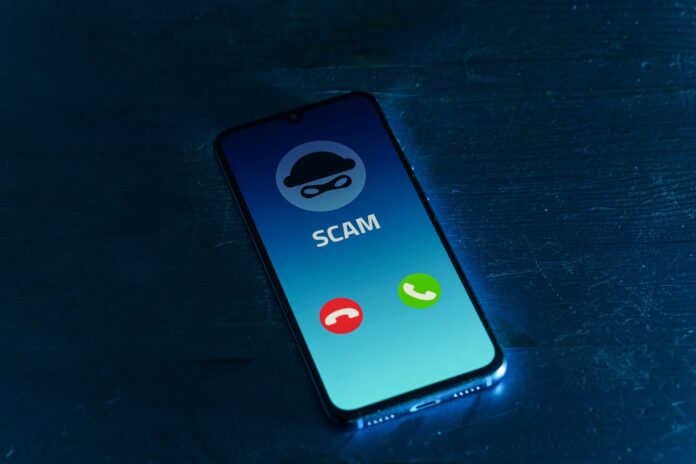Brits have been warned over fake texts and emails sent from fraudsters claiming to be from the DVLA in an attempt to steal innocent drivers money and identities.
Motoring experts at LeaseCar.uk have issued an urgent warning to all motorists to be vigilant of any scams and keep their personal information and money protected, and have told drivers what to do to stay safe online.
There has been a recent rise in fake messages sent to innocent Brits, from scammers trying to make a quick buck.
The latest figures show that in one year, over 40 million adults across the country have been targets of scammers – a 14% increase from the year prior.
Amongst the eight most common types of scam messages, is from someone pretending to be from an official government organisation (41% of all reported scams).
Recent data from the government also shows that the number of reports of fraudulent DVLA messages rose by 603% in a three month period, compared to the same period the year before.
Scams from those impersonating the DVLA typically ask the driver to verify their licence details, ask for bank details, offer tax refunds, or highlight a failed tax payment.
Tim Alcock from LeaseCar.uk said the scam emails and texts are getting harder to recognise as fake, leaving more motorists vulnerable to losing money and becoming victims of identity theft.
He said: “Scam messages are becoming more advanced, with some fraudsters even using an email address which is identical to an official one, aside from one or two letters.
“Scammers pretending to be from the DVLA have made it easy for innocent drivers to fall victim to their crimes. It is alarming to see how official these fake emails or texts look, and it is no wonder how Brits are unfortunately succumbing to the callous fraudsters.
“Once the scammers have access to your bank account after claiming they can give you a tax refund, it is a quick job for them to drain all your money.
“And if they ask motorists to verify their driving licence details, it’s easy for them to create a fake identity using your information to carry out further crimes.
“We are urging all Brits to stay safe online to avoid falling victim to fake DVLA messages. Never share any personal information online – such as driving licence details and image, vehicle documents and bank details.
“It’s also important to only access the DVLA website (and other official government sites) through GOV.UK, and only use the contact details on this verified website. Do not attempt to reach the DVLA through any third party website, or a link that has been sent to you.
“The only place you should access the DVLA to update any details, make payments or find contact information is through the official GOV.UK website.
“Remember that the DVLA will never ask for bank details on emails, and does not send text messages about vehicle tax refunds.
“If you suspect you have been sent a fraudulent message, you can report anything suspicious to the National Cyber Security Centre (by emailing report@phishing.gov.uk, or forwarding texts free-of-charge to 7726). And anyone who thinks that they have been a victim of a scam should immediately report it to the police through Action Fraud (by calling 0300 123 2040, or reporting it online through their website).”
To find out more about how drivers can protect their data, head over to https://leasecar.uk/.
Help keep news FREE for our readers
Supporting your local community newspaper/online news outlet is crucial now more than ever. If you believe in independent journalism, then consider making a valuable contribution by making a one-time or monthly donation. We operate in rural areas where providing unbiased news can be challenging. Read More About Supporting The West Wales Chronicle


























